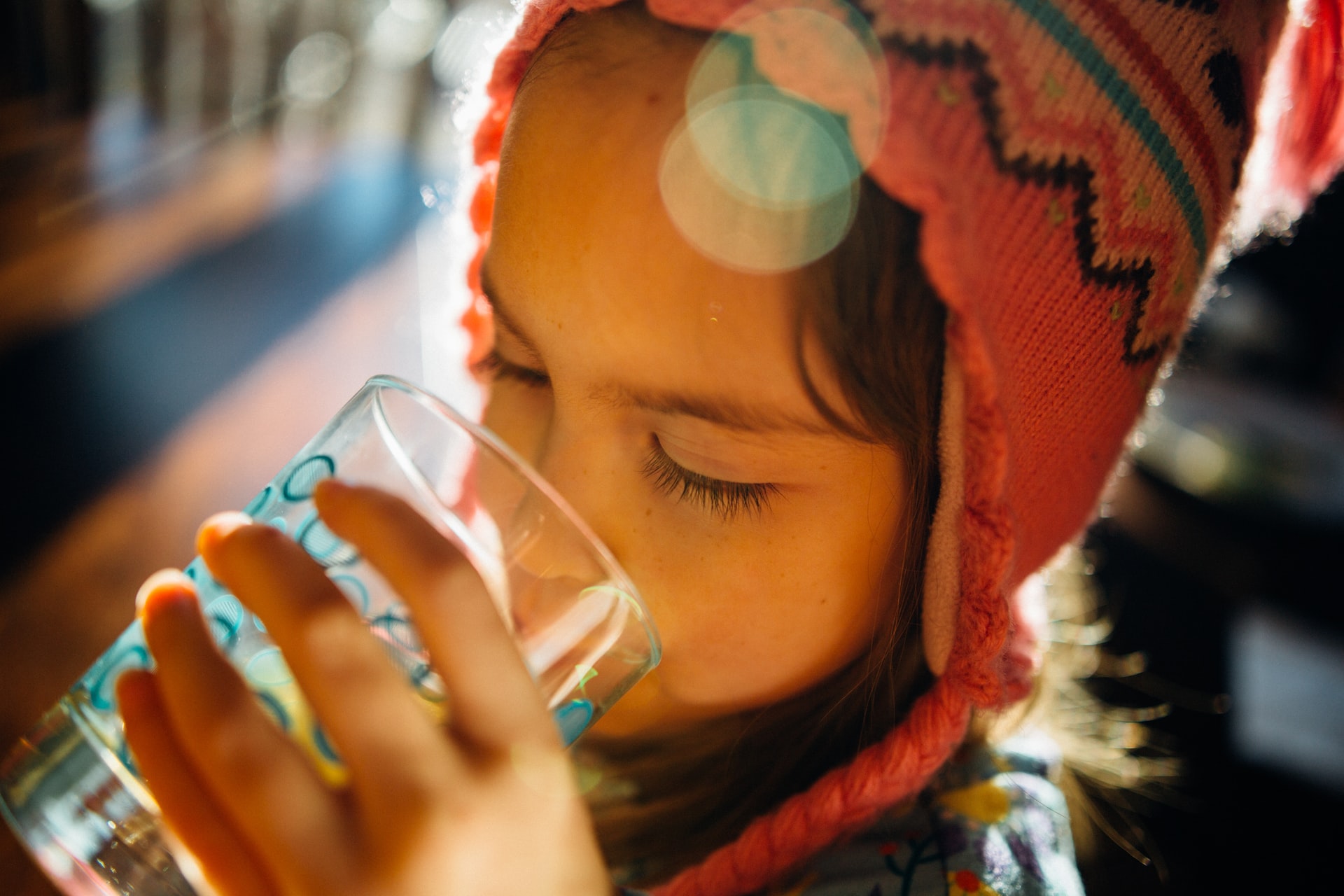17 million Latin Americans and Caribbeans (3% of the population) have limited access to water or consume it from unsafe sources.
Water and sanitation

CAF has contributed to expanding households’ access to safe drinking water and sanitation, which may have helped halve child mortality caused by diarrhea.


Poor water quality or inadequate sanitation compromise the livelihoods and opportunities of millions of people in Latin America and the Caribbean. Diarrhea is the second leading cause of child mortality in the region, with a rate of 0.64 deaths per 1,000 live births every year. And one of the main causes behind the incidence of diarrhea is insufficient and unsafe access to water and sanitation services. In Latin America and the Caribbean, around 17 million people (3% of the population) have limited access to clean water or water comes from unsuitable sources; and 430 million (66% of the population) do not have access to safe sanitation.
CAF has worked to improve water security in countries of the region under an integrated watershed management approach. In particular, CAF’s actions have succeeded in expanding safe access to drinking water and sanitation and encouraging efficient use of water for productive development. Similarly, CAF has promoted actions to reduce water pollution and has advanced measures for drought management and control of local—and even transboundary—floods, thus helping bolster climate resilience of communities and ecosystems.
In addition to funding programs and projects, CAF has supported countries in the region with various mechanisms for technical assistance, training, knowledge generation, and exchange of experiences. In addition, technical cooperation funds have been used to strengthen credit operations through designs and feasibility studies, tender processes and quality assurance.
Evidence shows that CAF’s interventions in water and sanitation over the past five years may have helped reduce the number of annual episodes of diarrhea in beneficiary areas, from 2.78 to 1.38 per child, thus helping reduce: infant mortality from this disease (the second deadliest among children in the region) as well as chronic malnutrition, especially in children under 2 years of age.
Water and sanitation services funded by CAF may also have helped reduce the incidence of respiratory, parasitic, and skin diseases in children and adults. In turn, better water and sanitation services have helped reduce the time that family members spend collecting water for household use.
The improvement in water and sanitation services achieved thanks to CAF’s action has also helped raise the quality of services in healthcare centers, thus helping reduce maternal and neonatal mortality rates. It may also have benefited the environment, by preventing the indiscriminate or careless use of water resources, as well as the inadequate disposal of human and industrial waste.
Highlights
17 million Latin Americans and Caribbeans (3% of the population) have limited access to water or consume it from unsafe sources.
430 million (66% of the population) do not have access to safe and adequate sanitation.
CAF has funded water and sanitation operations for USD 4.168 billion over the past ten years.
CAF’s interventions in water and sanitation over the past decade may well have helped reduce infant mortality.









